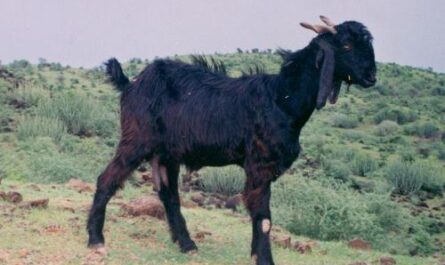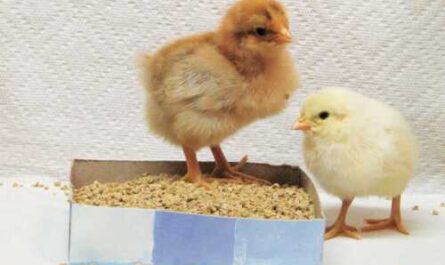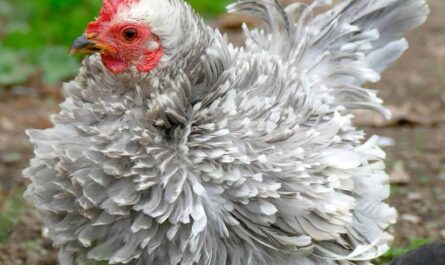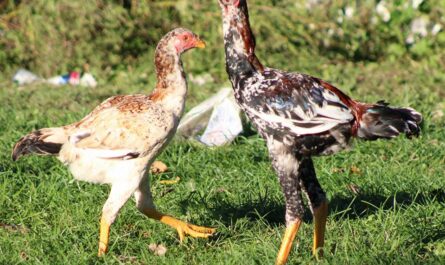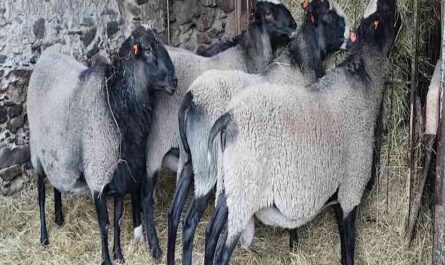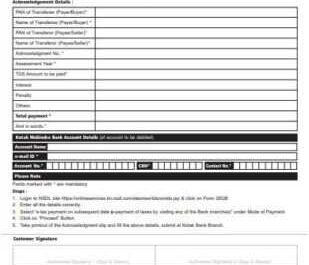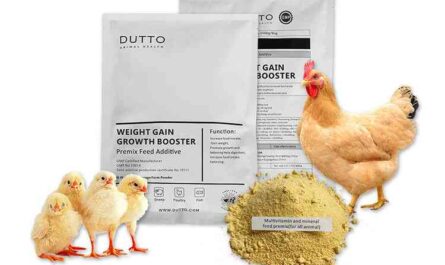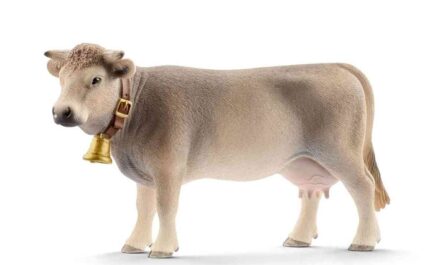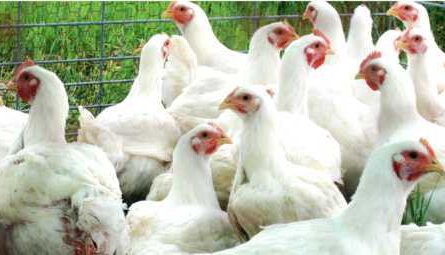Some commercial goat farmers raised goats in a stall feeding system. And the stall-feeding system is considered one of the best and most profitable goat-rearing systems (especially for commercial goat producers).
But always remember that goats do their best if they have the conditions to go out to pasture, grazing on different types of greenery, shrubs, leaves and forage during the day.
But in some parts of the world, people cannot afford to let their goats spend their days grazing on various types of greenery and tasty plants or leaves. If you are in one of these areas, then you will have to rely on a barn goat system.
How to Feed Goats in a Stable Feeding System
In a barn-fed goat system, try to feed your goats a balanced diet that is fortified with all essential nutrients and able to fully meet all of their nutrient needs.
regular goat feed
Naturally, goats become happy and stay healthy by consuming the different types of green vegetables found in nature. This type of natural diet includes weeds, shrubs, grasses, leaves, etc.
Adding additional supplements to the natural diet will ensure good health, growth and maximum productivity.
Goat producers typically provide their goats with grain and hay (in captivity) to maintain normal growth and a healthy weight. When providing hay and grain with other feeds, make sure their goats are getting all the nutritional requirements they need.
A combination of free-choice plants and grasses and less free-choice hay and grains is considered the best and healthiest grazing diet for productive goats. So if you have pasture, let goats graze on grass and plants, and limit shoveling of hay and grain for best results.
Feeding in the barn
In a barn feeding system, goats do not have the ability to graze alone to meet their nutritional needs. Thus, you need to provide them with a balanced diet with all kinds of essential nutrients.
You need to replace grazing with various feeds. You can provide them with high-protein grains and high-quality hay (like peanuts or alfalfa).
Never give goats more than 1.5 to 2 pounds of grain per day. Because feeding more grains can slow growth. Instead, add more high-quality hay to their regular diet if you notice your goats are not maintaining their proper weight.
In some areas, it is very difficult to give goats enough greenery. In this case, you can provide them with specially prepared foods that can satisfy the need for green vegetables.
You can give them hay mixed with urea and molasses. Follow the instructions below to prepare hay mixed with urea and molasses.
- Take 1 kg of crushed hay or dried grass.
- 220 grams of molasses.
- 30 grams of urea and
- 600 ml of fresh, clean water.
- Mix urea and molasses with water.
- Then mix this mixer with chopped hay or grass.
- You did it! It is now ready to feed your goats.
This type of processed dry food is easy to digest, contains more fiber and is very good for the health of goats (especially good for sterilized goats). You can try feeding goats this processed dry food if you are raising them for meat purposes.
minerals
Minerals play a vital role in the health of your goat. Adding essential minerals is essential for raising goats in a barn feeding system.
Since the amount of feed additives in the stall feeding system is limited, you must provide the necessary minerals by adding them to your regular goat feed. You can add a bulk mineral mix or a mineral block to your goat feed.
Water
Sufficient clean, fresh water is very important for raising goats, especially if you are raising them in a stall feeding system. Give goats plenty of fresh, clean water regularly.
An average adult goat needs over a liter of fresh drinking water per day. Although it depends on the breed. Some pasture plants and greens contain their own moisture, and your goats will need less water.
But some foods, such as grains and hay, are often quite dry and contain little water or moisture. If you feed your goats hay or grain, they will need more water.
Goats can become dehydrated or sick if they don’t get enough water. Therefore, always provide a source of clean, fresh water.
